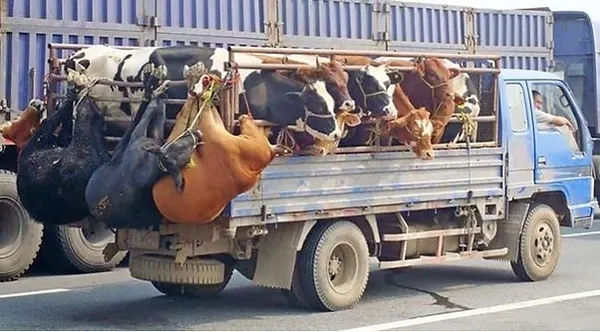
Mobilenews24x7 Bureau
It is great that India has made tremendous strides in technology, civil society awareness, business, sports and made itself catapulted to the global sphere, economically, as claimed(although debatable), fine.
Nevertheless, as we address socio-economic challenges to promote sustainable growth, animal rights remain a cruel blind spot, perennially on the back-burner of public consciousness.
Frequently, reports emerge of organised animal cruelty such as the plight of mules in Kedarnath or elephants at the Amer Fort, or horrific, unconscionable instances of cruelty by individuals often caught on camera.
Several state and local governments struggle to address the stray dog ‘menace’, housing bodies regularly obstruct animal lovers and pet parents in violation of laws, and state-run or privately-managed animal shelters are often reported to be in abysmal condition.
In debris dump of human consciousness
Frequently, reports emerge of organised animal cruelty such as the plight of mules in Kedarnath or elephants at the Amer Fort, or horrific, unconscionable instances of cruelty by individuals often caught on camera. Even worse of such acts of cruelty remain unreported.
Even state-run or privately-managed animal shelters are often reported to be in abysmal condition. Forget about the plight in pet shops or in the drawing rooms of rich.
For over a decade now, animal protection organisations have sought higher penalties to deter violations.
The present Prevention of Cruelty to Animals Act enacted in 1960, gets archaic with new faces of cruelty and the punishment for cruelty as a first offence can range between an amount as low as 10 to 50 Rupees. That is a joke.
But, the animal activism necessitates winning hearts and minds in the absence of meaningful penal consequences, acts of cruelty would continue unabated
In November last year published a draft amendment bill for public consultation. The draft bill does three key things.
“First, it significantly raises fine amounts and imprisonment periods (including multiyear periods for several offences, on par with other jurisdictions such as the UK, Australia, and Singapore)”.
“Second, it introduces the concept of gruesome cruelty with heightened punishment and the concept of ‘five freedoms’ – the biological needs of every animal that each person with an animal in their care must provide for. Third, it provides for the constitution of state animal welfare boards in addition to the national board to coordinate welfare efforts at the state level”.
“The Bill has received widespread public support, particularly through the #NoMore50 campaign which exhorts the government to pass the bill in the ongoing monsoon session of Parliament”.
Lastly, policymaking should be supported by a broad ethical framework for animal rights that transcends societal mores and petty politics. It should also be inclusive in that it considers the impacts of change on the livelihoods and health of disadvantaged communities, take a balanced approach to man-animal conflict and implements a phased transition from animal cruelty businesses.
“The law should enjoin humans to act as custodians and safeguard these rights; only then can we move the needle from the ‘prevention of cruelty’ to becoming a society where animals can thrive”. Live and let live.
Sourced by NLSIU inputs





